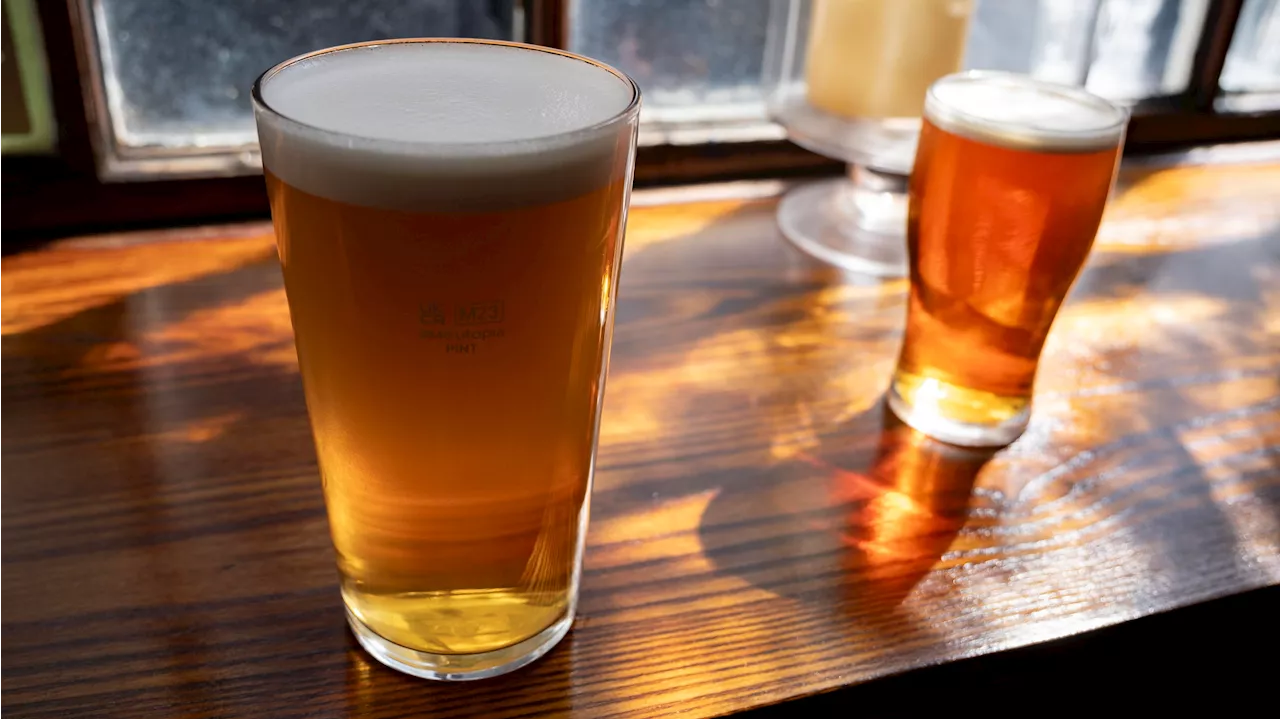Researchers at the Van Andel Institute have discovered two distinct epigenetic states in mice that influence their susceptibility to cancer. These states, determined by the expression of cancer-related genes, appear to be established during development and persist throughout life. This finding suggests that cancer risk may be rooted in early development and opens new avenues for diagnosis and treatment.
“Our identification of these two epigenetically different states open the door to an entirely new world of study into the underpinnings of cancer
However, not every abnormal cell goes on to become cancer, leading doctors to explore other influences like genetics as potential additional contributors to cancer. “However, bad luck doesn't fully explain why some people develop cancer and others don't,” she said. “Most importantly, bad luck cannot be targeted for treatment.”
The team found that mice with reduced levels of TRIM28 could fall into one of two patterns when it comes to the expression of their cancer-related genes, despite being otherwise identical., and the strength of the patterns determines which of the two cancer risk states will be in place throughout their lifetime.
CANCER EPIGENETICS DEVELOPMENT TRIM28 RISK
United States Latest News, United States Headlines
Similar News:You can also read news stories similar to this one that we have collected from other news sources.
 Teenage Cancer Patient Celebrates Being Cancer-Free After Two Years of TreatmentDan Evans, 19, from Newark in Nottinghamshire, rang the 'cancer-free bell' at the teenage cancer ward at Nottingham City Hospital after undergoing a successful stem cell transplant. Mr Evans was diagnosed with stage-four Primary Mediastinal B Cell Lymphoma (PMBCL) in 2022 and faced limited treatment options. His family campaigned for access to a combination of cancer drugs, raising over £50,000 through a fundraiser. After receiving treatment, Mr Evans is now in remission and looking forward to starting his geography degree in September.
Teenage Cancer Patient Celebrates Being Cancer-Free After Two Years of TreatmentDan Evans, 19, from Newark in Nottinghamshire, rang the 'cancer-free bell' at the teenage cancer ward at Nottingham City Hospital after undergoing a successful stem cell transplant. Mr Evans was diagnosed with stage-four Primary Mediastinal B Cell Lymphoma (PMBCL) in 2022 and faced limited treatment options. His family campaigned for access to a combination of cancer drugs, raising over £50,000 through a fundraiser. After receiving treatment, Mr Evans is now in remission and looking forward to starting his geography degree in September.
Read more »
 Study Reveals Cancer Risk May Begin Before BirthA groundbreaking study by Van Andel Institute scientists suggests that a person's lifetime risk for cancer may be determined by two distinct epigenetic states established during development. One state is linked to a lower cancer risk, while the other is associated with a higher risk. The findings open new avenues for understanding and potentially treating cancer.
Study Reveals Cancer Risk May Begin Before BirthA groundbreaking study by Van Andel Institute scientists suggests that a person's lifetime risk for cancer may be determined by two distinct epigenetic states established during development. One state is linked to a lower cancer risk, while the other is associated with a higher risk. The findings open new avenues for understanding and potentially treating cancer.
Read more »
 Cancer Report: Deaths Down, But Alarming Rise in Women and Young Adults DiagnosedThe American Cancer Society's latest report presents a mixed outlook on cancer trends. While overall cancer deaths have decreased significantly, driven by earlier detection and improved treatments, the report reveals a concerning increase in cancer diagnoses among women and young adults. The report also highlights persistent racial disparities in cancer deaths and stresses the need for more effective strategies to combat pancreatic cancer, which remains a leading cause of cancer-related deaths.
Cancer Report: Deaths Down, But Alarming Rise in Women and Young Adults DiagnosedThe American Cancer Society's latest report presents a mixed outlook on cancer trends. While overall cancer deaths have decreased significantly, driven by earlier detection and improved treatments, the report reveals a concerning increase in cancer diagnoses among women and young adults. The report also highlights persistent racial disparities in cancer deaths and stresses the need for more effective strategies to combat pancreatic cancer, which remains a leading cause of cancer-related deaths.
Read more »
 US Health Officials Urge Americans to Reduce Alcohol Consumption to Lower Cancer RiskThe Director of Health for the United States, Dr. Vivek Murthy, is calling for updated health warning labels on alcoholic beverages to include the risk of cancer. This follows new research that debunks the myth of moderate alcohol consumption's heart health benefits, highlighting the link between alcohol and various cancers like colon, liver, breast, mouth, and throat cancers. Dr. Timothy Naimi, director of the Canadian Institute of Substance Use Research, emphasizes that reducing alcohol intake is a crucial step towards a healthier lifestyle. He suggests following government dietary guidelines, which recommend no more than two drinks per day for men and one drink or less for women.
US Health Officials Urge Americans to Reduce Alcohol Consumption to Lower Cancer RiskThe Director of Health for the United States, Dr. Vivek Murthy, is calling for updated health warning labels on alcoholic beverages to include the risk of cancer. This follows new research that debunks the myth of moderate alcohol consumption's heart health benefits, highlighting the link between alcohol and various cancers like colon, liver, breast, mouth, and throat cancers. Dr. Timothy Naimi, director of the Canadian Institute of Substance Use Research, emphasizes that reducing alcohol intake is a crucial step towards a healthier lifestyle. He suggests following government dietary guidelines, which recommend no more than two drinks per day for men and one drink or less for women.
Read more »
 Alcohol and Cancer Risk: Surgeon General Calls for WarningsThe U.S. Surgeon General recommends adding cancer warnings to alcoholic beverage labels due to the strong link between alcohol consumption and various types of cancer. The advisory highlights the preventable nature of alcohol-related cancers and aims to raise public awareness about the risks.
Alcohol and Cancer Risk: Surgeon General Calls for WarningsThe U.S. Surgeon General recommends adding cancer warnings to alcoholic beverage labels due to the strong link between alcohol consumption and various types of cancer. The advisory highlights the preventable nature of alcohol-related cancers and aims to raise public awareness about the risks.
Read more »
 How many alcoholic drinks can I have a week without increasing my cancer risk?The U.S. surgeon general called out the link between alcohol and cancer. Is there any amount that's safe to drink? Here's what experts say.
How many alcoholic drinks can I have a week without increasing my cancer risk?The U.S. surgeon general called out the link between alcohol and cancer. Is there any amount that's safe to drink? Here's what experts say.
Read more »
